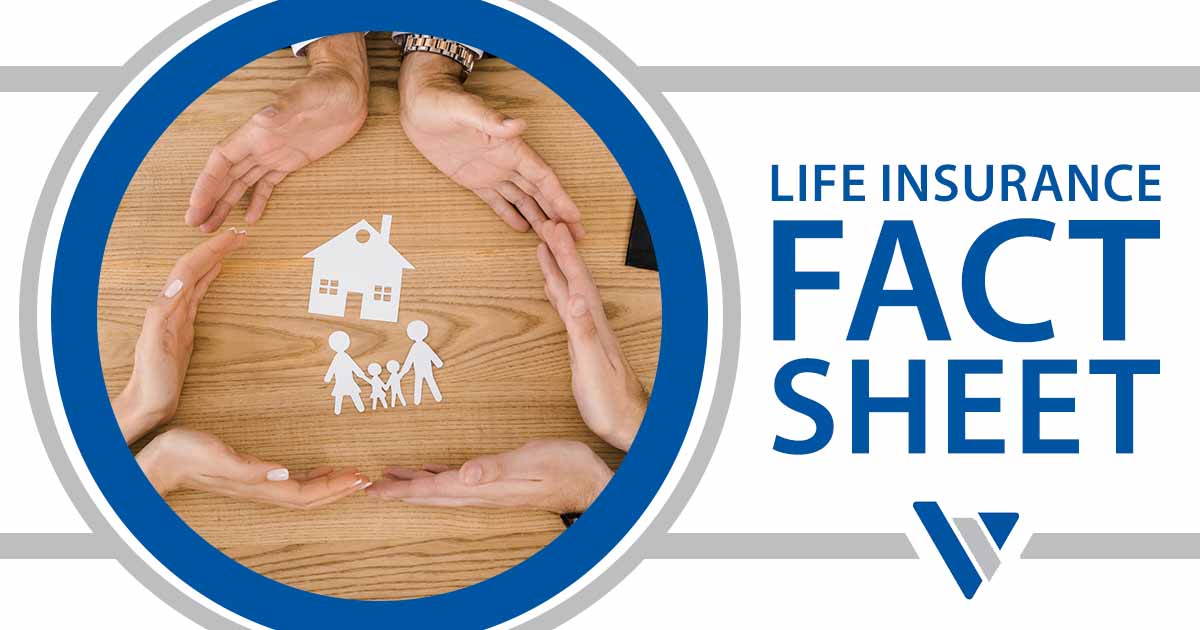I am sharing with you some of the information the Life Insurance Marketing and Research...

There is a common misconception in personal finance that one can just max out their 401K and be ready for retirement. 401K’s provide an immediate tax savings and prolonged tax deferral, both good things, but as I am sure we can all relate with our holiday eating habits, too much of a good thing is not always best.

Rather than stuffing our face with cake and cookies, we know it would be better to eat a more balanced diet. The same thing applies with financial planning, rather than loading up on one type of savings it may be better to have a more balanced approach.
A more balanced approach to savings means having accounts that are taxable, tax-deferred, tax-free.
Taxable accounts are things like your checking, savings, and brokerage accounts. These accounts are best used for liquidity; things like emergency savings and saving for a big purchase like a car or home. It does not provide any tax advantages: gains from the sale of an investment are taxed as capital gains and dividends are taxed as either income or capital gains depending on the type of dividend. Saving too much in these accounts can result in high tax bills due to capital gains and dividends, but too little can have negative effects on your liquidity needs. For example, some other accounts such as tax-deferred accounts (401K, IRA) have penalties if you try to withdraw the money prior to age 59 ½.
Tax-deferred accounts such as a 401K, IRA, and 403b allow you to contribute money pre-tax (before Uncle Sam takes his chunk) which means more of your money goes to work for you right away. You are then able to continue to grow and compound that money over time, not having to actually pay taxes until you take the money out. When it comes to accumulating a large account balance it is hard to compete with a tax-deferred account. The problem with these accounts comes when you start taking the money out, where every dollar you withdrawal is taxed as income. Also, Uncle Sam comes calling at age 70 ½ when law mandates you pull out a portion of your account so he can get his money or pay a steep penalty. You then have to do this every year until the account is gone. Even if you die your beneficiaries will have to continue to pull these Required Minimum Distributions, taxed as income, whether they need the money or not.
Tax-free accounts, though extremely beneficial to a financial plan, are the least used account type of the three. This would include things like Roth IRAs, Roth 401Ks, and cash value life insurance. Roth accounts allow you to contribute after-tax money (Uncle Same already got his take) and your money grows tax free and withdrawals are tax free. There are still penalties for early withdrawals but the Required Minimum Distribution rules do not apply, allowing the money to compound longer than tax-deferred accounts. One problem here is that there are income limits on Roth IRA’s that may prevent you from being eligible, and if you are eligible, contribution limits are relatively low making. Cash value life insurance is also a way to provide tax-free distributions to a financial plan. There are several different types of life insurance that can accomplish this, but in their own way they allow for cash value to grow tax free and can be accessed without penalty or age restriction through the use of wash loans.
I am a believer in balance, the way a balanced diet promotes longevity and performance of your health, a balanced tax ability plan promotes longevity and performance of your savings. Although the world likes to predict where markets, inflation, and tax rates will be in the future, the fact is we do not know. What a balanced savings plan does is give you flexibility and options in different economic environments. For example, in a high tax year you could pull from the tax-free accounts (Roth, cash value life insurance) while in a low tax year you can let Uncle Sam have his portion and withdraw from tax-deferred accounts (401K, IRA). In a dynamic and changing economic world, having a balanced savings plan sounds as prudent now as it ever has.
To find out if your savings are well balanced and to receive more information on types of accounts, limits, and restrictions, feel free to call or email us at Virtus Wealth Management to set up an appointment today!
The opinions voiced in this material are for general information only and are not intended to provide specific advice or recommendations for any individual. The Roth IRA offers tax deferral on any earnings in the account. Withdrawals from the account may be tax free, as long as they are considered qualified. Limitations and restrictions may apply. Withdrawals prior to age 59 ½ or prior to the account being opened for 5 years, whichever is later, may result in a 10% IRS penalty tax. Future tax laws can change at any time and may impact the benefits of Roth IRAs. Their tax treatment may change. Contributions to a traditional IRA may be tax deductible in the contribution year, with current income tax due at withdrawal. Withdrawals prior to age 59 ½ may result in a 10% IRS penalty tax in addition to current income tax. It is suggested that you speak with an investment or tax professional before taking any actions.